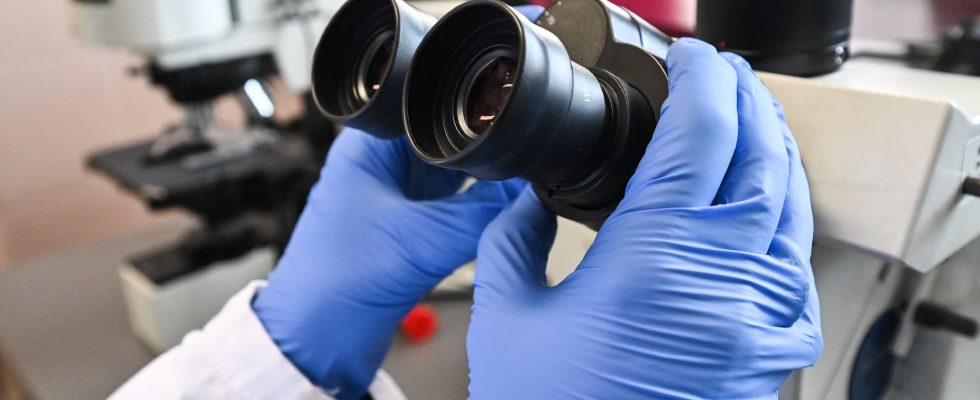All the indicators point in the same direction: the euro zone economy is slowing down sharply. Germany is already in recession and France, which has held up well until now, could follow. To understand the origin of the current difficulties, we must go back to the end of the Covid crisis, in 2021, when the pandemic moved from its acute phase to its chronic phase, leading to the lifting of restrictive measures. The massive fiscal stimulus plans, financed by debt and ultimately through monetary creation, have generated colossal demand for businesses. To meet this demand, they have recruited a lot and increased salaries and prices.
The war in Ukraine has added to this already inflationary environment. By generating an increase in the prices of raw materials, the conflict increased business costs, which, thanks to strong economic activity, were largely passed on in prices. Some companies, particularly in the energy sector, have even seized the opportunity to increase their profits. The macroeconomic result of this sequence was the reappearance of inflation that those under 50 had never experienced. In France, consumer prices have increased by around 15% since 2021. Consumers have massively reduced their purchases: – 5% for manufactured products, – 10% for food. We haven’t seen this since the 1980s.
The same causes producing almost the same effects, all of Europe found itself in tune. To fight inflation, the European Central Bank (ECB) raised its main key rate to 4% last September, the highest since its birth. At the same time, it reduced its asset purchase programs in order to slow down its pace of money creation. The ECB had no choice but to pursue this policy. Its statutes require it to fight against inflation from the moment it exceeds 2%. However, the Frankfurt institution began to act when this theoretical limit was already largely exceeded, even though inflation, via the decline in consumption, had already brought down growth “by itself”.
The current slowdown in the European economy is the result of the joint rise in inflation and interest rates, those set by the ECB, as well as those set on the bond market. In the case of France, the latter are now higher than 3.5% in ten years, that is to say they are higher than the sum of France’s structural economic growth, around 1%. and inflation as we can imagine in the long term, around 2%. This differential takes us into a new financial universe where the French public debt is self-sustaining: the growth in tax revenue is no longer sufficient to keep up with the increase in the interest burden.
Such a configuration places public authorities before a pitfall: at a time when our economy is slowing down, the level of interest rates prohibits any recovery through new public spending or tax cuts. Fortunately, there are other tools besides fiscal stimulus. Bruno Le Maire has just launched a normative simplification project. It is an excellent idea if, extraordinarily, it is brought to fruition: this was never the case in the past, let us remember the unfortunate “shock of simplification” of François Hollande.
The time is, moreover, ideal to advise all political leaders to read Xavier Jaravel’s new work, cleverly titled Marie Curie lives in Morbihan, just released at Seuil. The author, one of our most brilliant young economists, explains, with supporting theories and facts, that our country’s economic rebound requires the “relaunch of innovation”. For Jaravel, the risk is great, in the type of period we are going through, of giving in to protectionist or planning sirens. Conversely, implement an educational policy that gives science a primordial place, encourage scientific vocations among young people, make the governance of innovation more effective – where are we in France 2030? When will we see France 2050? – is perfectly indicated. This will achieve a double blow: increase economic activity in our country and reduce inequalities.
* Nicolas Bouzou is an economist and essayist.
